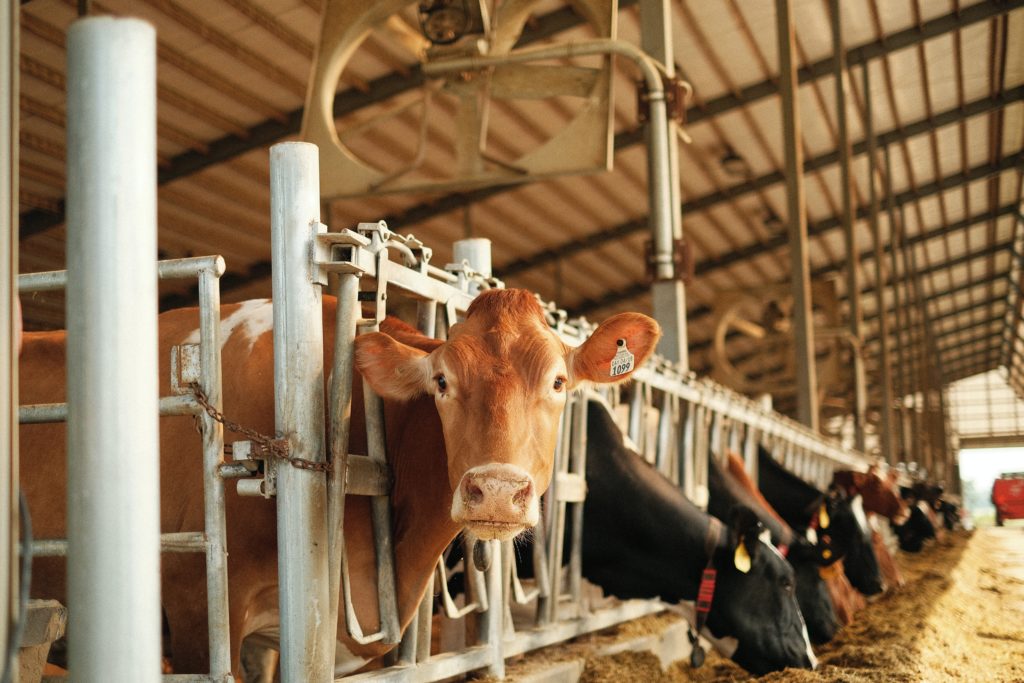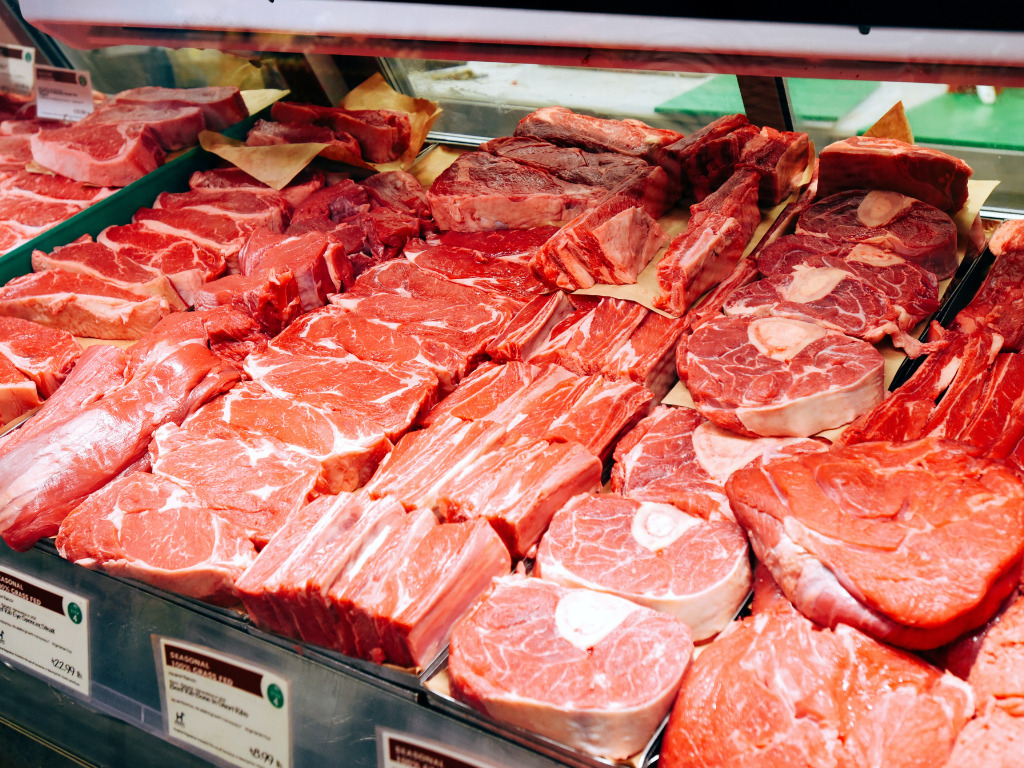Despite Its Giant GHG Footprint, The Climate Impact of Meat Is Still Largely Misunderstood: Survey
4 Mins Read
A recent survey finds consumers in five major meat-consuming nations are still largely in the dark about its climate impact.
A recent global poll by Northstar Research, commissioned by sustainable food NGO Madre Brava, revealed that citizens in Brazil, France, Germany, the U.K., and the U.S. do not consider industrial meat production a leading cause of climate change.
This is despite the fact that livestock emissions account for at least 14.5 percent of all human-generated emissions, according to United Nations data, with more recent estimates ranging from 16.5 percent to as much as 28 percent. By comparison, industrial meat production receives less than one percent of media coverage when it comes to climate issues.
The meat misconception
In the five countries surveyed, respondents perceived industrial meat as a lesser emissions source than cars or planes. Aviation accounts for less than three percent of total global emissions. By comparison, livestock is a major emissions emitter, particularly methane, with manure and belches accounting for 32 percent of anthropogenic methane emissions — a number nearly equal to methane emissions from all fossil fuels combined.
Livestock occupies 77 percent of the world’s farmland but produces only 18 percent of all calories and 37 percent of all proteins globally. Animal agriculture, primarily cattle and soy (for animal feed), is the leading driver of global deforestation.

The United Nations Food and Agriculture Organization estimated that, in 2017, the livestock industry emitted more than 8 gigatonnes of CO2e — a number on par with the CO2 released by all cars, trucks, trains, planes, and ships worldwide that year. This consumer disconnect between scientific evidence and public perception highlights a significant gap in understanding the impact of industrial meat on climate change.
The majority of those surveyed (more than 90 percent) reported limited or no knowledge of industrial meat production. Despite its widespread embrace of plant-based foods, the U.K. displayed the lowest awareness, with 74 percent of Brits claiming to know nothing about the process. In the U.S., nearly 70 percent of people are unaware of industrial meat production. Brazilians were the most informed, but still, 42 percent of them lacked knowledge on the subject.
When provided with a simple definition of industrial meat, however, respondents from all five countries were concerned about meat production’s impact on the environment, people, and animals. Approximately 80 percent of Germans, Brazilians, and French, 78 percent of Brits, and 72 percent of Americans were concerned about the negative effects of the meat industry.
Madre Brava’s analysis of top-tier news outlets in the U.S., U.K., and English-language E.U. media found that only 0.5 percent of climate articles mentioned meat or livestock as emission sources. Out of nearly 92,000 articles published between January 2020 and June 2022, fewer than 450 addressed meat’s contribution to climate change. The most cited solutions were those that centered around government regulations for industrial meat production, the increased availability and variety of alternatives, and reducing or stopping meat consumption.
‘People show concern and do care’
Nico Muzi, managing director of Madre Brava, stressed the urgent need for action.
“The bad news is that people don’t know about the ‘cow’ in the room: livestock’s outsized role in driving climate change. The good news is that people show concern and do care when informed about the impact of industrial meat on the climate,” Muzi said.

“It’s high time for civil society and the media to increase scrutiny on the meat industry and for policymakers to start addressing the problem by regulating emissions from industrial meat – while making sustainable proteins the cheapest, easiest choice for consumers.”
The findings did show a positive trend of declining meat consumption worldwide, even in countries where beef and pork are dietary staples. In Germany, meat consumption per capita fell by 12.3 percent in the last decade (2011-2021), and in the U.K., it decreased by almost 17 percent. Due to rising food prices, both the U.S. and Brazil have also seen reductions in beef consumption. The Northstar global poll indicates a growing number of people in the polled countries are willing to reduce meat consumption in the next two years and explore alternative proteins.




